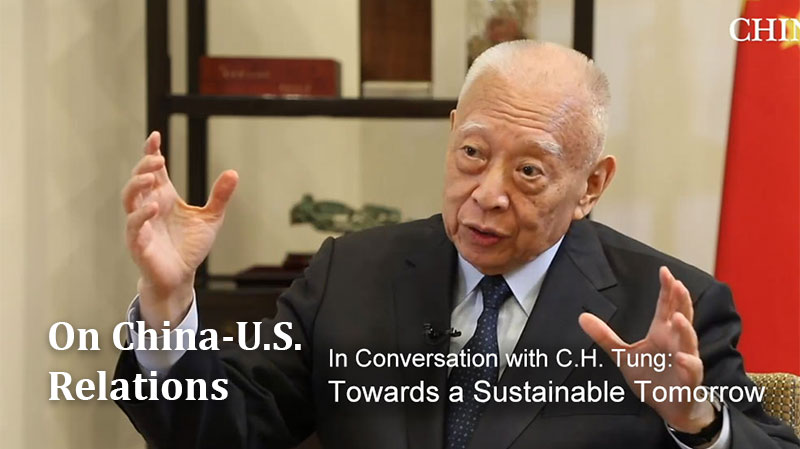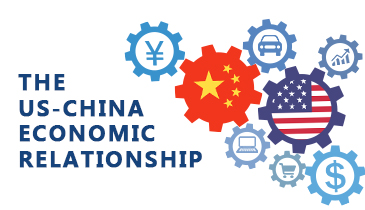Wang Yusheng
Executive Director, China Foundation for Int'l Studies

Nov 11, 2015
If Washington embraces cooperation instead of pursuing rivalry, all partners can harvest good results, and the US can still be a powerful partner. Why not do so?
Aug 04, 2015
The US’s self-proclaimed “American Century” has led Washington to assume that it “had the right or responsibility to order the world’s affairs,” two prominent American scholars, which has resulted in a series of military failed adventures that could never have resolved enormously complex issues. As the US presidential election approaches, a reality check is in order.
Jul 06, 2015
China hopes to build a new model of big power relations with the US featuring non-conflict, non-confrontation, mutually beneficial cooperation, and mutual accommodation of each other's core interests. The aim is to gradually make the uncomfortable interdependent relations more comfortable.

Apr 14, 2015
Chiefs of the World Bank and the International Monetary Fund overtly expressed their support and intention for cooperation for the AIIB, for its possibility of fast and sustainable development in new Asian economies. This hasn’t developed with a share of U.S. and Japanese controversy over supposed veto ability, lack of “high standards,” the eclectic membership, and the notion that the U.S. “won” and China “lost.”
Oct 31, 2014
The theme of this year’s APEC summit is “Shaping the Future Through an Asia-Pacific Partnership.” APEC leaders will chart the policies and principles for APEC integration, push for the creation of a free trade zone, and work to speed up connectivity and innovative cooperation.
May 09, 2014
Wang Yusheng writes that China is not a “negative energy,” and the US should no longer continue to use regional allies to contain China. Instead, the United States should realize China’s growing power and cooperatively engage the country to bring regional stability to the Asia-Pacific.
Nov 12, 2013
China’s rapid rise to power has caught the attention of the world. China’s new diplomatic strategy of extending “olive branches” has some states worried and others intrigued. Can a balance be found between China’s national interests, the US pivot to Asia and the interests of regional actors such as ASEAN or Japan?
May 06, 2013
The dawn of the global financial crisis has reshaped the global landscape. Now, the United States faces a strategic decision to either embrace peace and development or continue to seek hegemonic superiority. As Wang Yusheng points out, embracing this new opportunity is key for stability in the international community.
Mar 08, 2013
Replacing Hillary Clinton as Secretary of State, John Kerry has large shoes to fill. While Kerry’s confirmation offers hope to many that US-China relations will improve over the next four years, many wonder whether the seasoned foreign affairs expert will assert a more positive relationship or simply follow the Obama administration’s lead.
Feb 22, 2013
Although Japanese PM Abe has been in office for less than two months, he has vowed to strengthen the US-Japan alliance to respond to the “threats” of China and North Korea. However,he has never explained exactly how he intends to strengthen the US-Japan alliance or what it means today.

